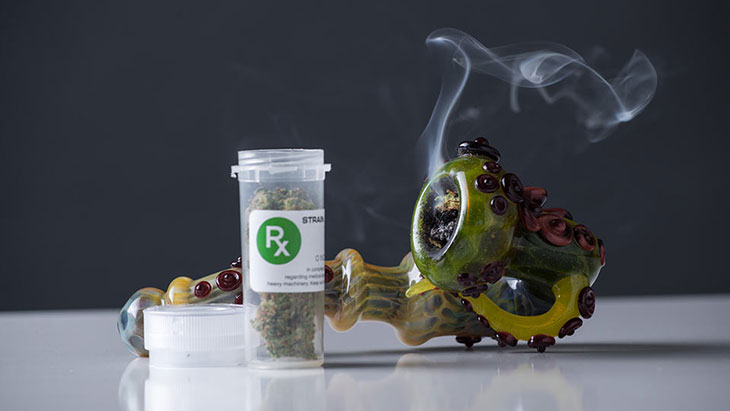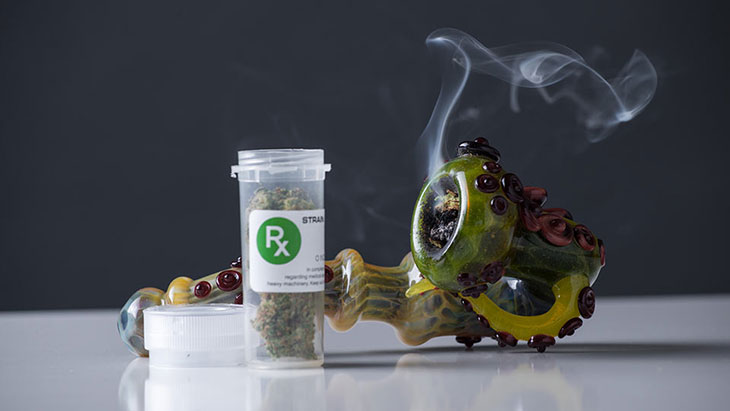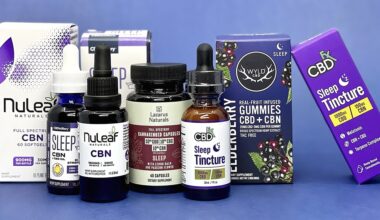
Patients prescribed cannabis-based medicinal products (CBMPs) report decreases in the prevalence and intensity of suicidal thoughts, according to observational data published in the journal Archives of Suicide Research.
British investigators assessed rates of suicidal ideation in a cohort of patients authorized to use botanical cannabis or oil extracts. (British physicians are permitted to prescribe cannabis-based medicinal products to patients who are unresponsive to conventional medications.)
Researchers reported, “Three months after commencing treatment, there was a reduction in both the percentage of the sample reporting suicidal ideation and the mean severity of suicidal ideation. … Twelve-month follow-up indicated a substantial reduction in depressed mood with this reduction being more pronounced in those reporting SI [suicidal ideation at baseline.]”
The study’s authors concluded: “To the best of our knowledge, this is the first observational study of CBMPs to report on rates of suicidal ideation. … The current findings suggest CBMPs may be effective in reducing suicidal ideation, as well as other facets of health and well-being … while also suggesting that the presence of suicidal ideation should not be used as a reason to exclude an individual from CBMPs treatment.”
Epidemiological data has previously suggested that cannabis may reduce incidences of severe depression and suicidal thoughts in those with post-traumatic stress.
Commenting on the study’s findings, NORML’s Deputy Director Paul Armentano said: “Numerous studies find that medical cannabis significantly improves patients’ health-related quality of life. Therefore, it is not unexpected that many of these patients would also report improvements in their mood and overall outlook following their use of medical cannabis products.”
An abstract of the study, “Suicidal ideation in medicinal cannabis patients: A 12-month prospective study,” appears online.
Related
Medical Disclaimer:
The information provided in these blog posts is intended for general informational and educational purposes only. It is not a substitute for professional medical advice, diagnosis, or treatment. Always seek the advice of your physician or other qualified healthcare provider with any questions you may have regarding a medical condition. The use of any information provided in these blog posts is solely at your own risk. The authors and the website do not recommend or endorse any specific products, treatments, or procedures mentioned. Reliance on any information in these blog posts is solely at your own discretion.






